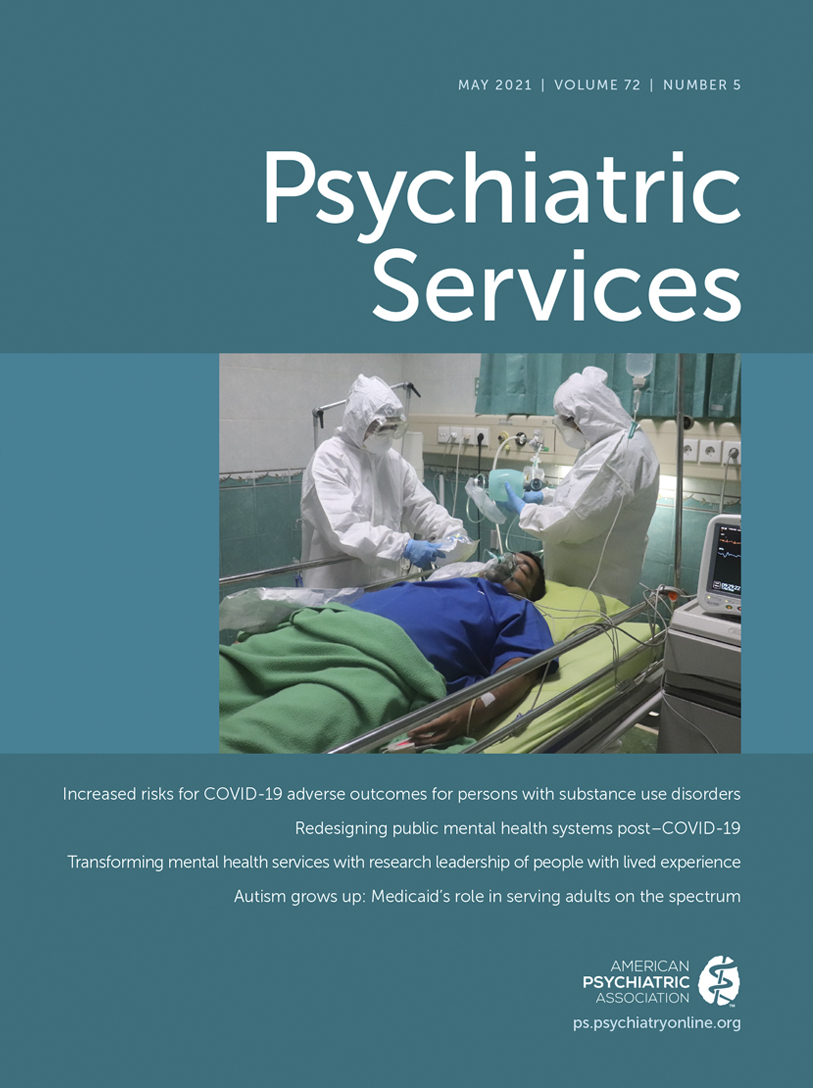Factors Associated With Discharge Planning Practices for Patients Receiving Inpatient Psychiatric Care
Abstract
Objective:
This study examined associations of patient, hospital, and service system factors with provision of discharge planning to individuals treated in hospital psychiatric units.
Methods:
This retrospective cohort analysis used 2012–2013 New York State Medicaid claims data of 18,185 patients ages <65 years who were treated in hospital psychiatric units and discharged to the community. The claims data were linked to data from managed behavioral health care organizations indicating whether inpatient staff scheduled a follow-up outpatient appointment with a mental health provider. Additional data regarding hospital and service system characteristics were obtained from the American Hospital Association Annual Survey, the Area Health Resource File, and other state administrative databases. Rates and adjusted odds ratios were assessed for the likelihood of inpatient staff scheduling a follow-up appointment.
Results:
Inpatient staff scheduled outpatient appointments for 79.8% of discharges. The adjusted odds of not having an outpatient appointment scheduled as part of the patient’s discharge plan were significantly associated with several factors, including being homeless on admission, having a diagnosis of a co-occurring substance use disorder, having high levels of medical comorbid conditions, and not being engaged in psychiatric outpatient services in the month prior to admission.
Conclusions:
Patient characteristics were more strongly associated with failure to receive discharge planning than were hospital and service system characteristics.



